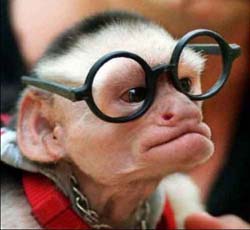Today is Labor Day. Most countries besides the United States celebrate Labor Day on May 1st, International Workers' Day—a date that was chosen in part to commemorate the Haymarket riot in Chicago on May 4, 1886.
We know that the first Labor Day celebration in this country occurred on September 5th, 1882, in New York City, and was organized by the Central Labor Union; but there is a debate over whose idea it was in the first place. Labor Dy became a national holiday in 1894, partly because it was a convenient way for President Grover Cleveland to appease an angry workforce after he violently broke up a strike.
In 1884, railroad workers in Pullman, Illinois went on strike. The town of Pullman was built for the sole purpose of housing people connected with the Pullman Palace Car Company, from the regular workers to Pullman himself. Everyone in the town worked for the railroad, which dictated their wages as well as their rent. In 1893, the nation went into an economic depression, and workers' wages were slashed, but they were still working 16-hour days and the company was still taking the same amount for rent out of their paychecks. So Pullman workers went on strike. Railroad workers across the nation who belonged to the American Railway Union joined the strike, refusing to switch trains with Pullman cars on them. Soon anyone who sympathized, union workers or not, joined in the cause, and riots broke out all over. Passengers and mail couldn't make it west of Chicago.
Grover Cleveland declared that the actions of the workers were criminal, and he sent 12,000 troops to control them. Soon the strike was over, the head of the American Railway Union was sent to prison, and all Pullman workers were required to sign a form saying that they would never strike again. The strike was officially declared over on August 3rd.
Unfortunately for Cleveland, the general public was not too happy with his hard-line stance. So he rushed a Labor Day bill through Congress, and six days after the strike ended, Labor Day was declared a national holiday on the first Monday of September.
These days, only 11.9% of American workers belong to a union, and among private sector workers that number is down to 6.9%. For most Americans, Labor Day has become a time to celebrate the end of summer with a last barbecue or camping trip.
(From "The Writer's Almanac")

No comments:
Post a Comment